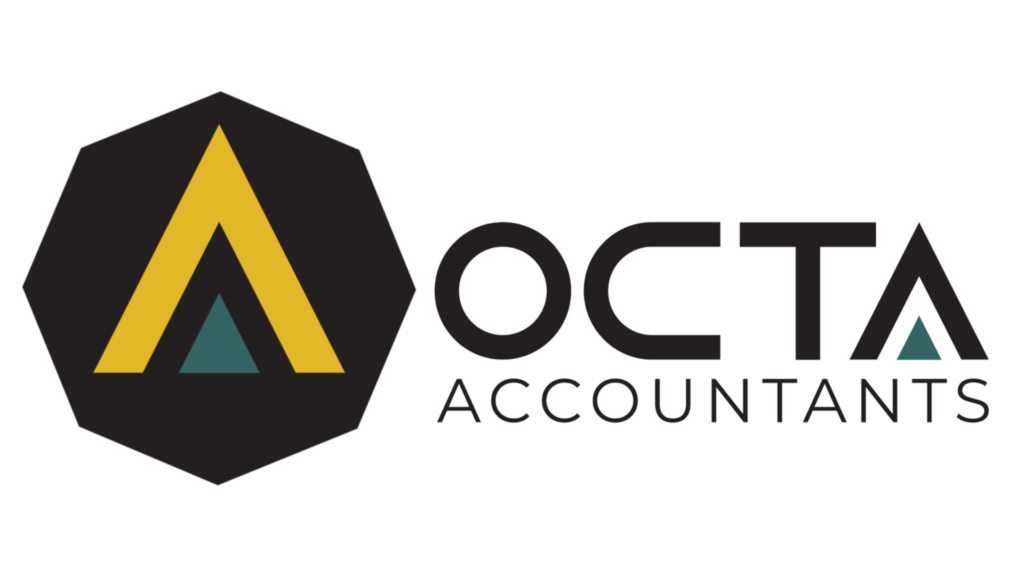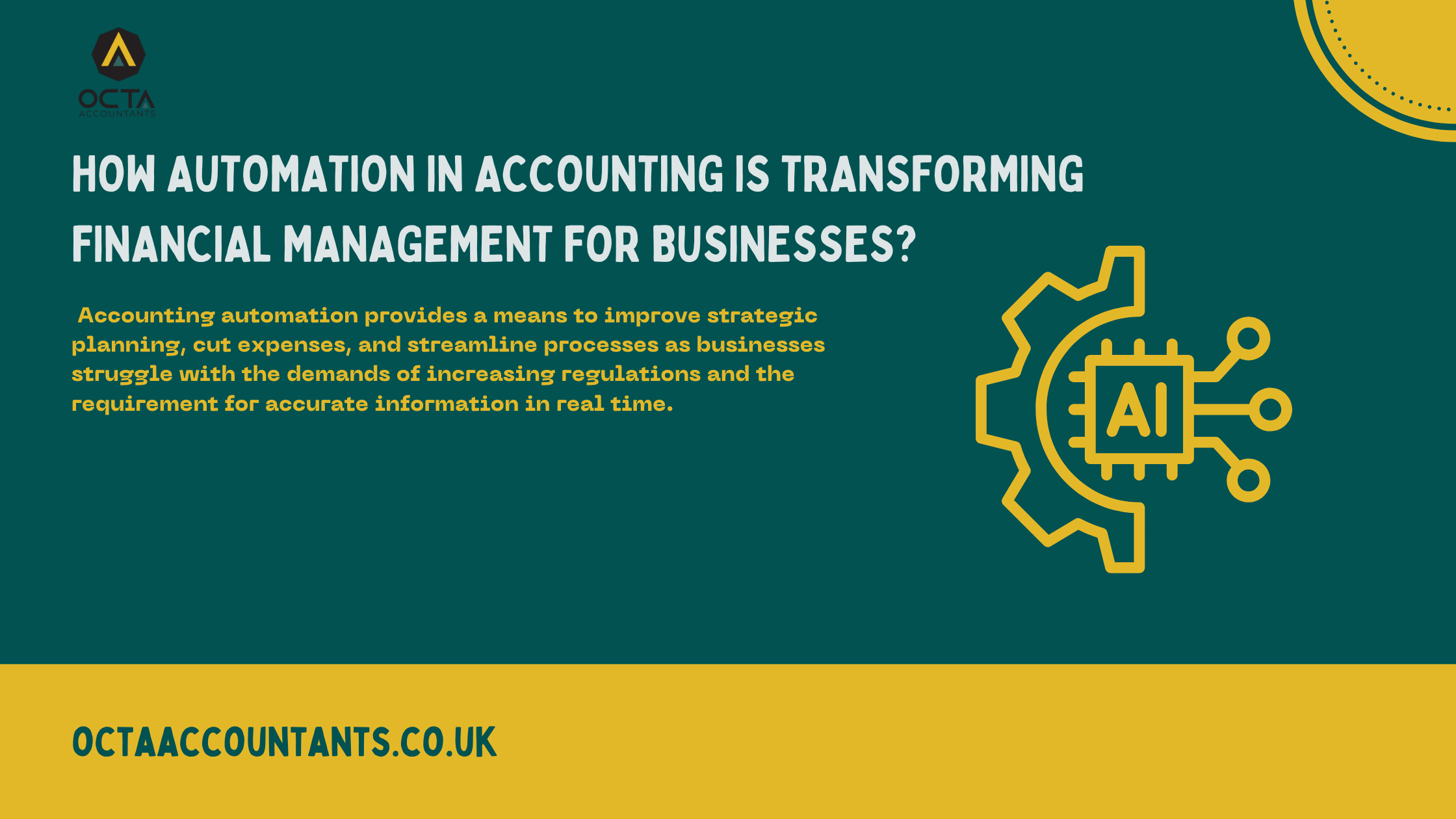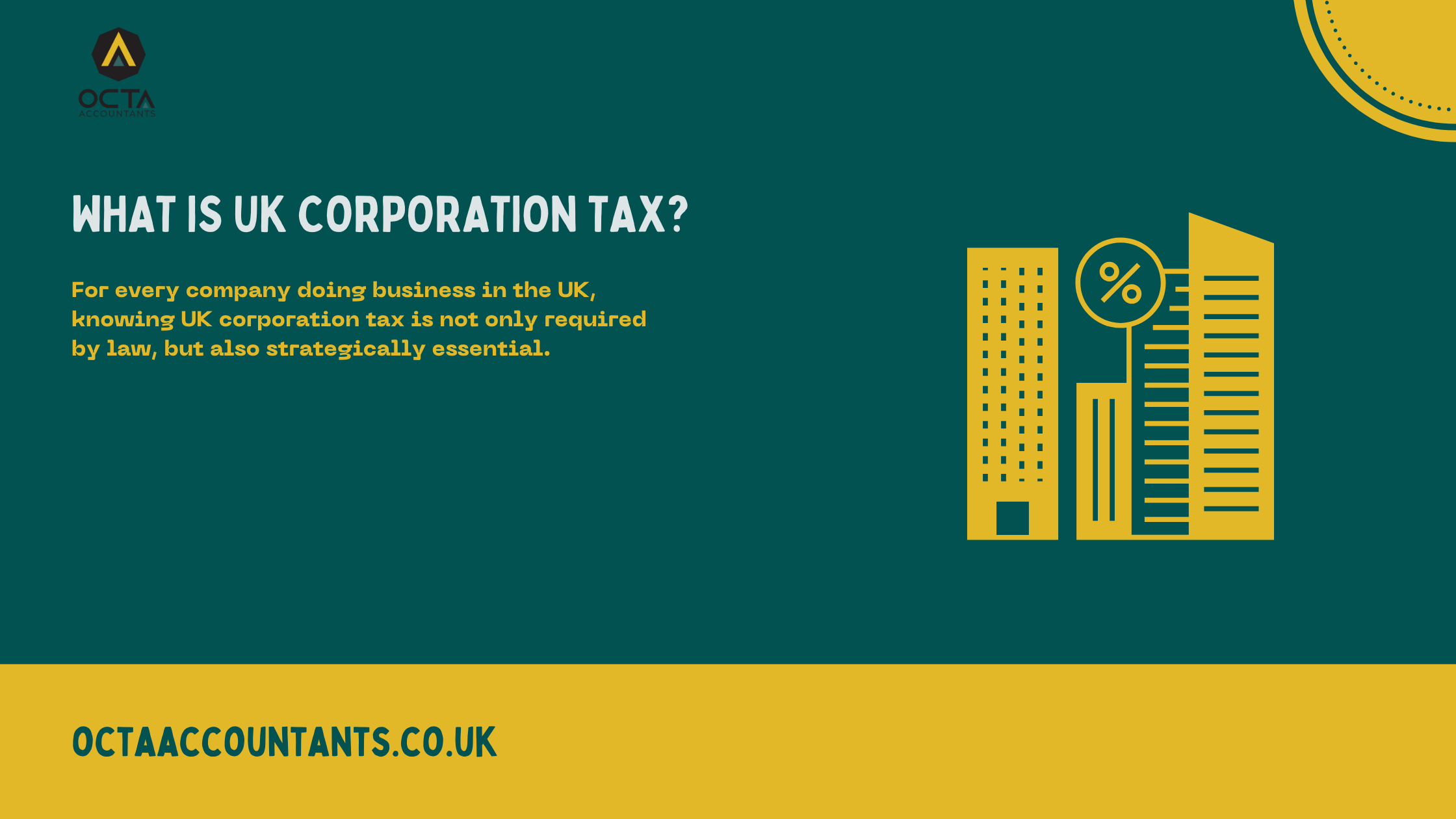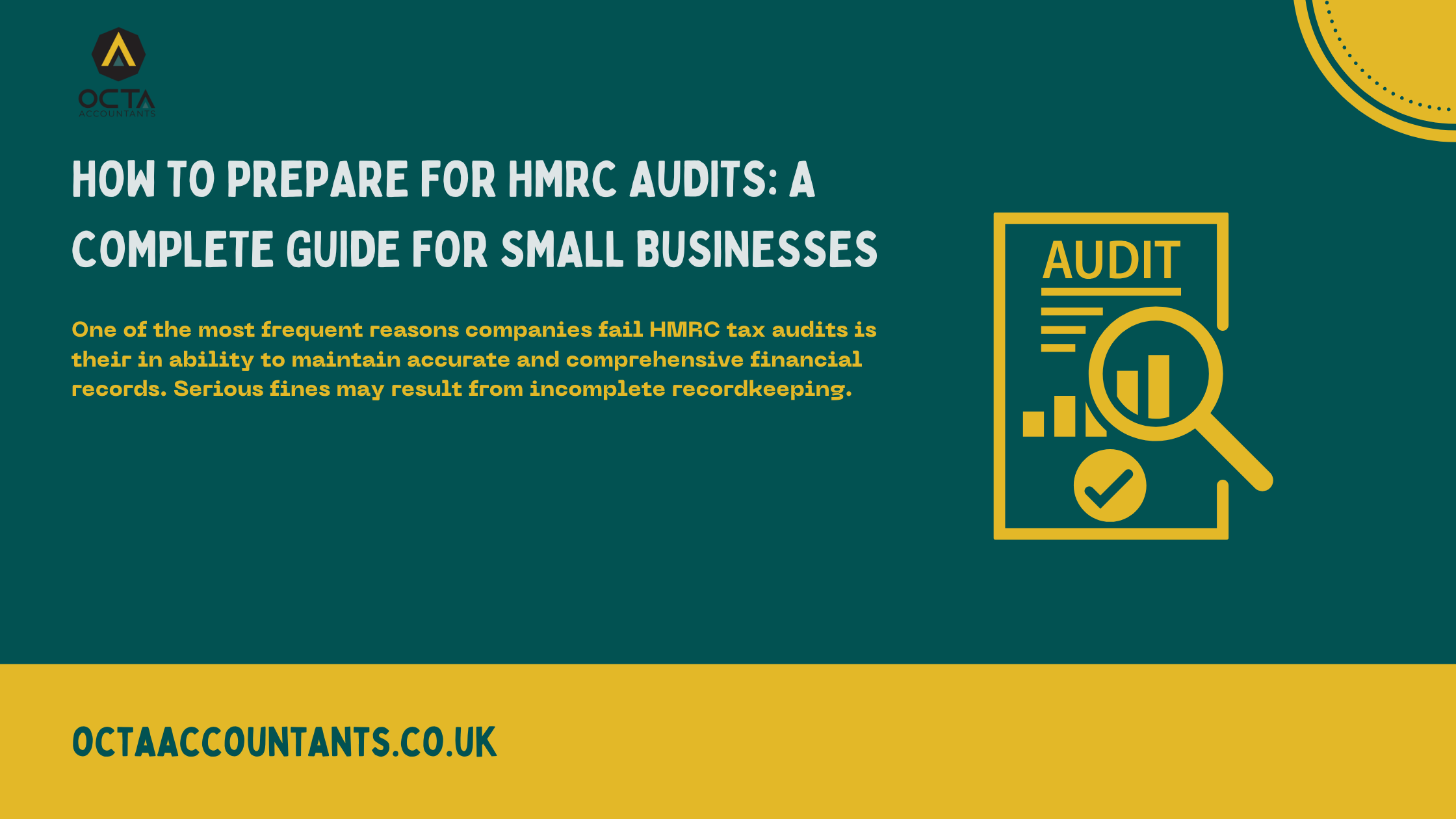
Octa Accountants

5 Min Read

June 22, 2024

Self-Assessment
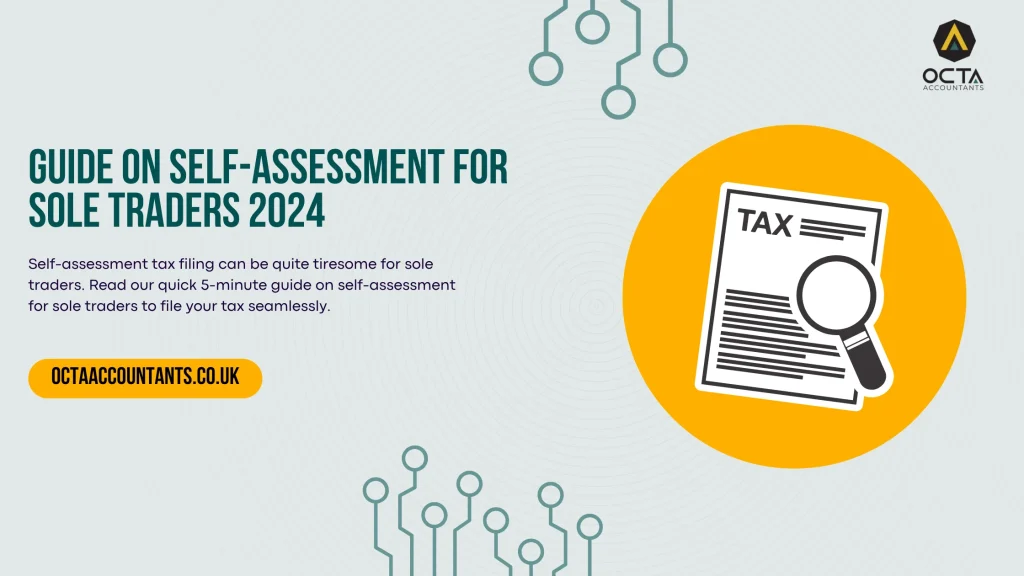
The effective management of finances is important for sole traders, and the knowledge of possibilities for deducting certain expenses from the gross income is obligatory for such individuals. Such cost can directly be subtracted from the income and thus reducing one’s tax bill to the amount of money you earned in your investment hence pays taxes for the real profit earned. This guide on self-assessment for sole traders provides a breakdown of the various business costs and expenses that are likely to come across when completing the tax return.

Allowable business expenses are expenses that are considered to be reasonable and necessary in operating the conduct of the business.
Business expenses that are allowed are those that are necessary or required inevitably in the operations of the business. These are allowed deductions as far as your taxable income is concerned hence helping cut down on taxes payable. A distinction should be made between allowed expenses and own expenses as only the allowed ones are a possibility.
I) Office Costs
i) Stationery and Postage: Expenses for laptop, printer, envelopes and stamps, forms, and any other stationeries used in the office.
ii) Office Equipment: Hardware cost, for example, computer, printer, and software expenditure.
II) Travel Expenses
i) Vehicle Costs: This is a fairly obvious line item and includes fuel, insurance, and repair for business owned or leased vehicles.
ii) Public Transport: Expenses incurred for transportation through rail and road transport especially for business and for local and international travel through booked taxis.
iii) Accommodation and Subsistence: Accommodation and feeding during business trips are included in the expenses.
III) Premises Costs
i) Rent: Business premises rent is allowed whether you own the house or pay for the house rent to the landlord.
ii) Utilities: The heat, electricity and water expenses are present in each premise.
iii) Maintenance and Repairs: Expenses that relate to the hire and maintenance of your business premises including rent, refurbishment costs, utilities, and decorations.
Also Read: How to set up a personal tax account?
IV) Marketing and Advertising
i) Advertising: Print and media advertising expense and other Advertisement costs such as advertisements on the Web site, flyers, etc.
ii) Website: Hosting fees, domain name costs, and various routine costs of managing the website.
V) Legal and Financial Costs
i) Accountancy Fees: Expenditures for engaging the services of an accountant.
ii) Legal Fees: Legal charges that are costs incurred in getting professional legal opinions and services provided by lawyers, paralegals or attorneys.
iii) Bank Charges: A fee charged on business banking services.
VI) Staff Costs
i) Salaries and Wages: Employees’ remunerations – including wages and salaries – are another area where organisations or companies make payments to their workers.
ii) Pension Contributions: Wage remuneration costs, employer contributions to employee pension schemes.
iii) Subcontractor Costs: Payments made to such subcontractors for business services.
iv) Subscriptions: Duties to professional associations and related periodical subscriptions.
v) Training: Receiving training courses and professional development of employed personnel.
VII) Home Office Expenses
A percentage of your home costs (for instance, the interest on your home loan or rent, electricity bill, water bill, etc.) if you perform your office from home.
Also Read: Requirements For VAT Registration in the UK
When filing tax returns, to be able to offset expenses you should maintain proper and substantiated receipts of all the expenses incurred during the running of the business. Here’s how to ensure your claims are valid:
Step 1 – Keep Receipts: Maintain every business receipt and invoice in a safe manner.
Step 2 – Separate Personal and Business Expenses: In order to remove a likelihood of confusion, having two separate accounts for personal and business uses is advisable.
Step 3 – Record All Transactions: Another way is to set up an account or utilise an accounting software to monitor expenses.
Step 4 – Filing Your Self-Assessment
When the self-assessment tax return is due, one has to submit it with income details and then claim allowable expenses from it to arrive at the taxable profit. Ensure you:
Step 5 – Accurately Report Income: The type of business income that should be declared in the tax return is each and every business income.
Step 6 – Deduct Allowable Expenses: To calculate your taxable income, hence, deduct the amount of allowable business expenses from your income.
Step 7 – Submit on Time: Complete the self-assessment return and submit it via the HMRC in time to prevent incurring any penalties.
Also Read: 11 Accounting Software For Small Businesses
You will need a few documents in order to submit your tax successfully to HMRC, so make sure you have these documents:
i) UTR (Unique Taxpayer Reference) number
ii) NIN (National Insurance Number)
iii) Details of the allowable expenses that can be deducted from the income
iv) Related documents of any savings or business income that you received during the tax tenure
v) Records such as a P60, P45, P11D, etc. if you were employed somewhere during the tax year where your income was taxed
vi) Information about any tax relief that you received due to any pension or charity
Also Read: How to hire an accountant for your business?
There are basic and allowable business expenses that every sole trader requires of understanding when it comes to their business finances.
There is no doubt that by properly measuring and claiming these expenses, decrease the amount of taxes you pay and keep your business financially fit. If you want more individual recommendations or guidance on various points, then you can seek consultation from an expert accountant who offers accounting services to small businesses and individuals such as sole traders.
You can also hire an accounting firm like us, Octa Accountants, we have helped a large number of small businesses and sole traders manage their finances. Schedule a free call with us today to get our tax accounting services.
About Us
Octa Accountants is a one-stop accounting firm that offers a wide range of finance management services.
Our Blogs
How Automation in Accounting is Transforming Financial Management for Businesses?
How Automation in Accounting is Transforming Financial Management for Businesses? Octa Accountants 7 Min Read Apr 14, 2024 Technology Staying ahead of current trends is crucial for development and sustainability in the dynamic business environment. The advent of automation in accounting has been one of the biggest changes in recent years. Automation is changing how […]
What is UK Corporation Tax?
What is UK Corporation Tax? Octa Accountants 7 Min Read Apr 14, 2024 Company Incorporation For businesses hoping to be legally and financially effective, navigating the complexity of the UK tax system is essential. The UK corporation tax is a key part of this system. Understanding the intricacies of UK corporation tax is essential for […]
How to Prepare for HMRC Audits: A Complete Guide for Small Businesses
How to Prepare for HMRC Audits: A Complete Guide for Small Businesses Octa Accountants 7 Min Read Apr 14, 2025 Audit From overseeing daily operations to making sure financial records are accurate, entrepreneurs balance a variety of duties as running a small business has its own unique challenges. Running a business is never easy no […]
